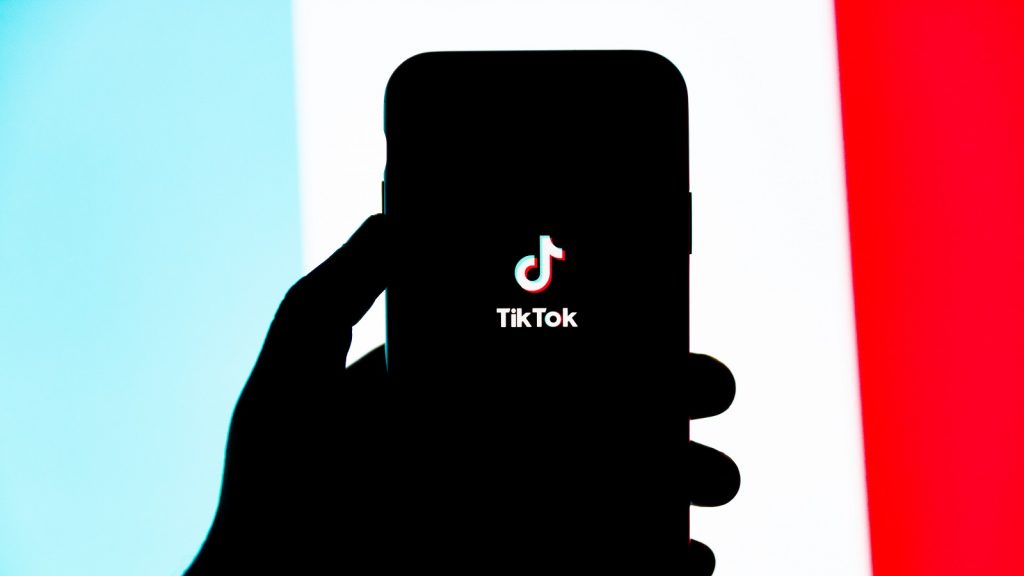TikTok, the immensely popular short-form video platform owned by China’s ByteDance, has faced an ongoing battle in the United States, navigating national security concerns, political interventions, and legal challenges. The app’s future has been under constant scrutiny, with legislative actions pushing for a potential ban, while recent developments, including former President Donald Trump’s surprising reversal on the issue, have provided a temporary lifeline.
Initial Ban and Legal Challenges
In August 2020, then-President Donald Trump signed an executive order requiring ByteDance to sell its U.S. TikTok operations within 45 days, citing national security risks. The Trump administration raised concerns that TikTok’s data collection could pose threats to American users by potentially sharing sensitive information with the Chinese government. However, ByteDance quickly challenged the order in court, leading to a preliminary injunction that temporarily blocked the ban.
No ad to show here.
Upon taking office in 2021, President Joe Biden reversed Trump’s executive order but directed the Commerce Department to investigate foreign-controlled apps like TikTok, keeping the platform under tight scrutiny.
Renewed Concerns and Legislative Action
Despite Biden’s revocation of Trump’s initial order, bipartisan concerns over TikTok persisted. In December 2022, President Biden signed the “No TikTok on Government Devices Act,” restricting the app’s use on federal government devices, with numerous states following suit.
By April 2024, Congress passed the “Protecting Americans from Foreign Adversary Controlled Applications Act,” giving ByteDance a deadline to divest its U.S. operations by 2025 or face a nationwide ban. This legislative push marked one of the most significant challenges TikTok has faced in the U.S. market.
Donald Trump’s Surprising Reversal
In an unexpected move, former President Donald Trump reversed his stance on TikTok in March 2024. Once a vocal advocate for banning the app, Trump shifted gears, arguing that banning TikTok would benefit social media giant Facebook, which he described as the “enemy of the people.”
Trump’s change of heart followed a meeting with Jeff Yass, a major Republican donor with a substantial financial stake in ByteDance. Yass had previously backed other Republican candidates during the 2024 primary elections, including Ron DeSantis and Vivek Ramaswamy. This meeting raised speculation about whether financial and political considerations influenced Trump’s policy shift.
Temporary Reprieve and Negotiations
As the 2025 deadline loomed, TikTok faced a temporary shutdown in the U.S. on January 19, raising fears among its 170 million American users. However, within hours, the app was restored after President Trump, following his re-election, signed an executive order granting ByteDance a 75-day extension to negotiate a deal.
The extension provides ByteDance with additional time to seek a potential sale or create a joint venture with U.S. stakeholders. Trump’s proposal suggests increasing American ownership in TikTok to address national security concerns while ensuring the platform remains accessible to U.S. users. Several American companies have already expressed interest in acquiring a stake in TikTok, signaling a possible resolution.
What Lies Ahead for TikTok in the U.S.
The extension offers temporary relief, but the future of TikTok in the U.S. remains uncertain. The platform’s ability to negotiate a deal that satisfies national security concerns without compromising its operations will be crucial. If a successful agreement is reached, it could pave the way for a new era of foreign-owned apps operating under increased regulatory scrutiny.
TikTok’s story serves as a case study of the intersection between technology, politics, and national security in an increasingly digital world. As negotiations unfold, the platform’s fate will be closely watched by policymakers, businesses, and millions of users alike.
